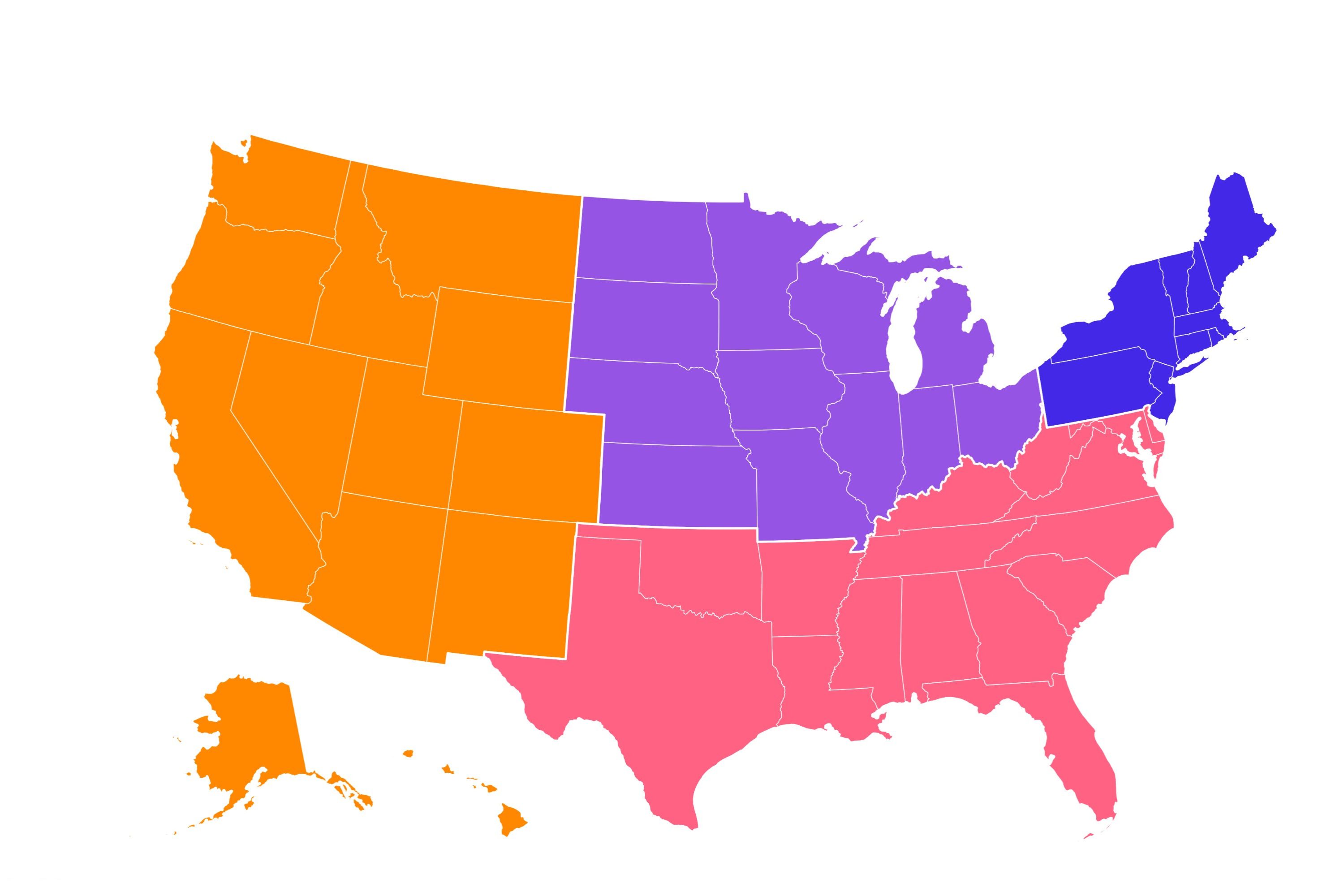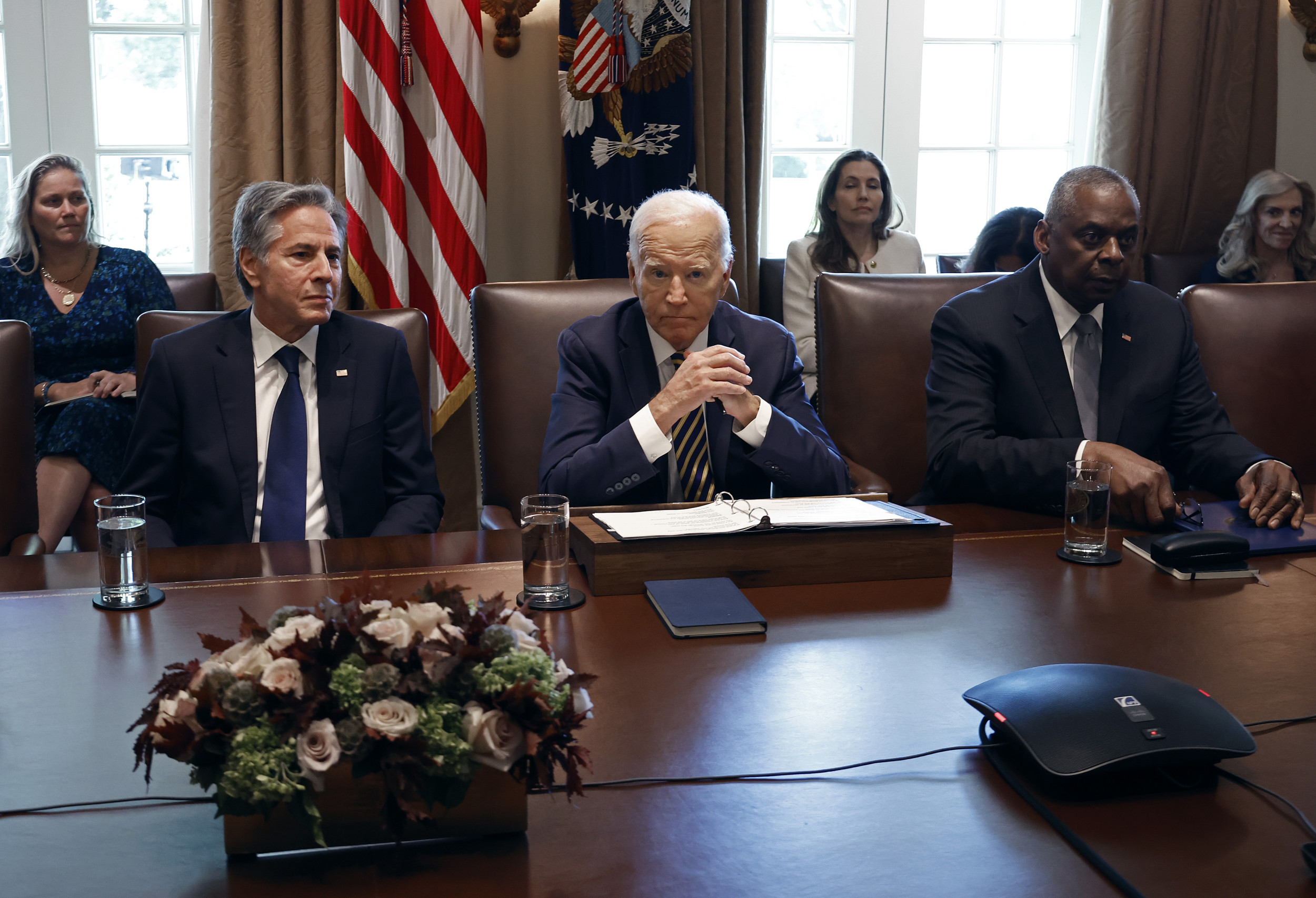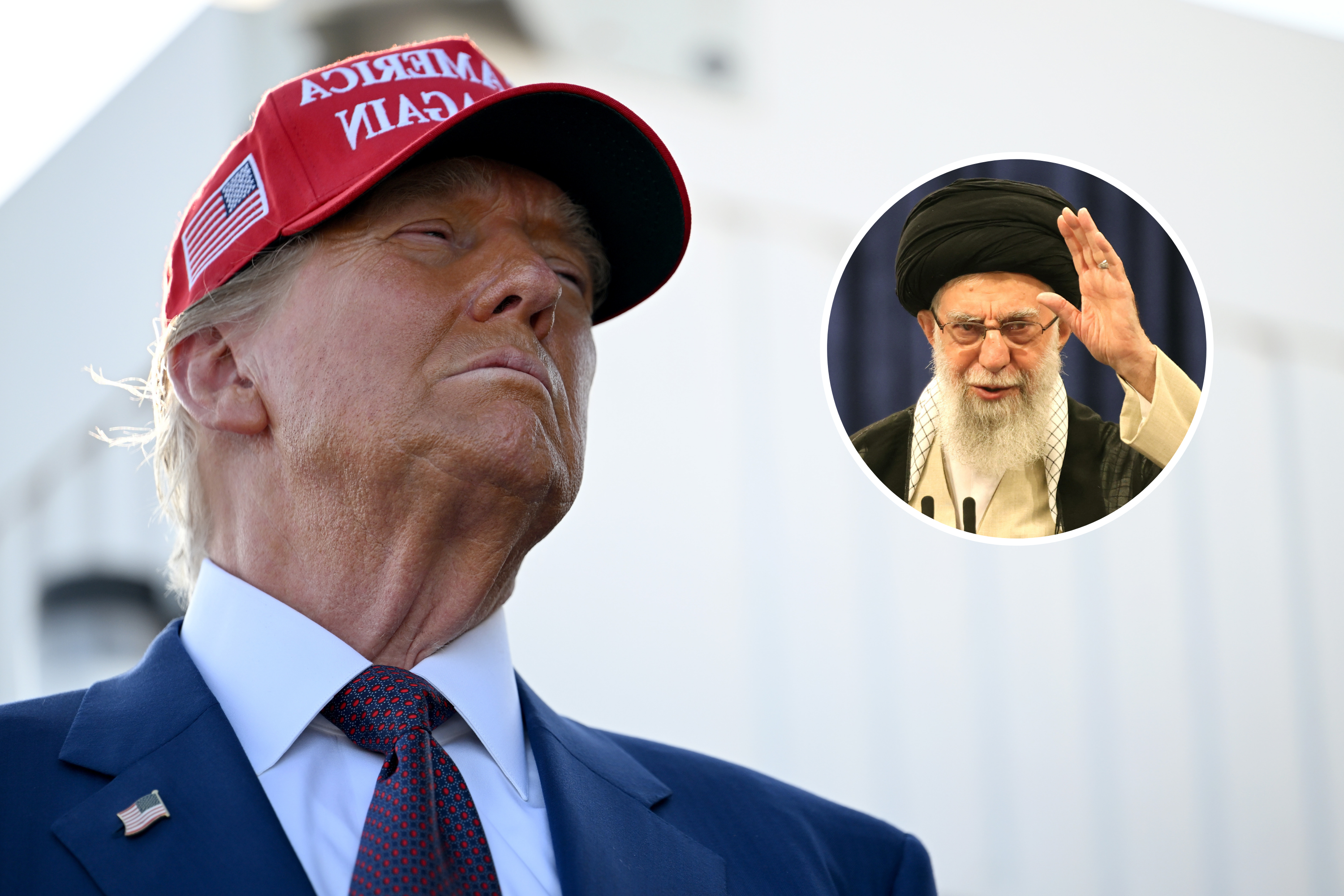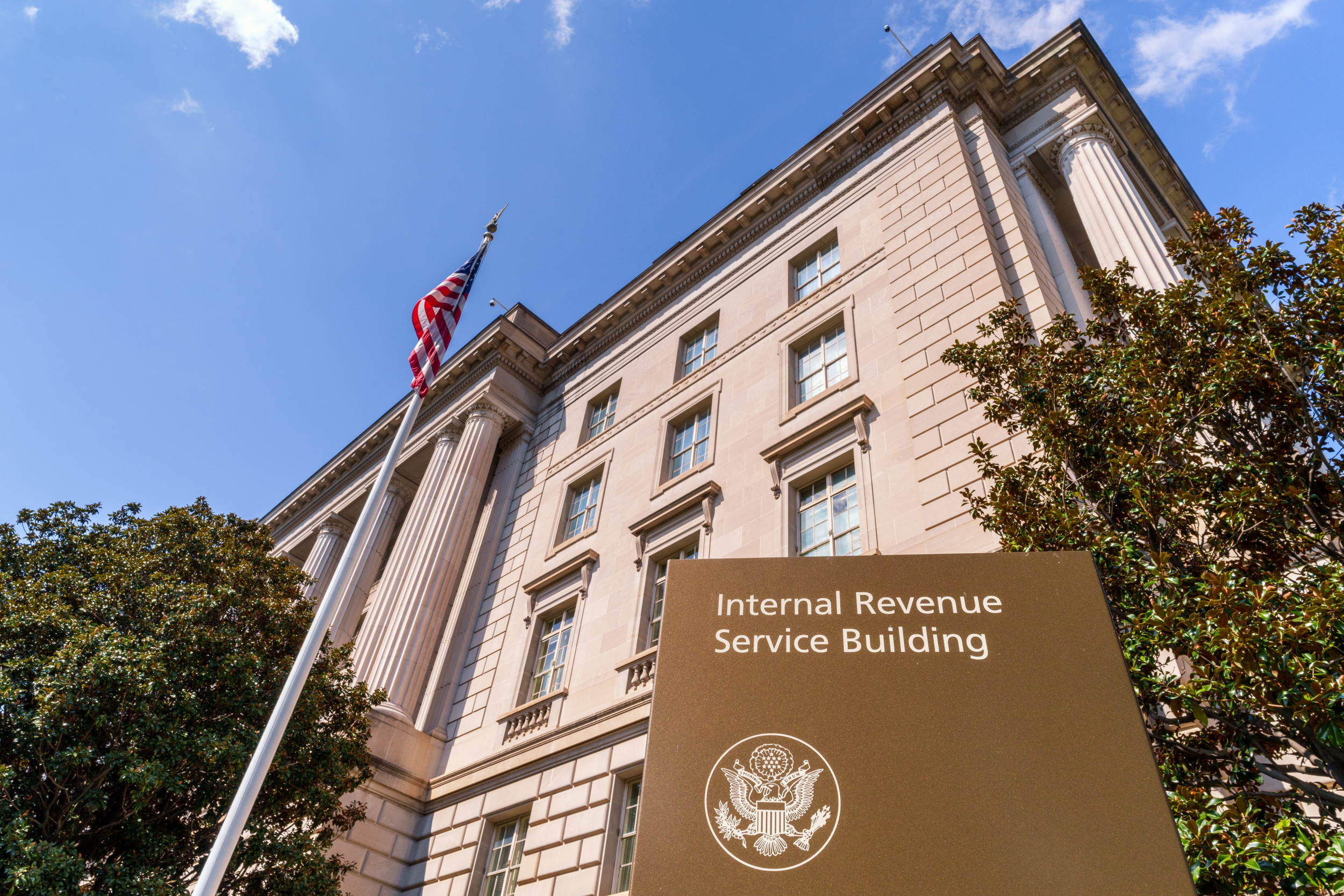Donald Trump has sparked anger from Democrats and critics for not signing legal documents needed to formally begin the transition of power.
The memorandums of understanding (MOUs) filed with the General Services Administration and the White House are typically submitted by September and October before Election Day. The documents allow an incoming administration to work with the outgoing one to begin an orderly transition process on issues such as providing IT services and office space, and permitting the FBI to vet candidates tapped for national security positions.
Trump has named nearly all his choices for his future Cabinet positions, including those that will require Senate confirmations. Some of the president-elect's more contentious picks, such as former Fox News host Pete Hegseth for defense secretary and former Democratic Congresswoman Tulsi Gabbard for director of national intelligence, have already raised concerns even without a formal vetting process.
Hegseth has been accused of a 2017 sexual assault, for which he was never charged and which he has denied. Gabbard has also faced accusations of helping spread Russian propaganda and criticism for meeting with Syrian President Bashar al-Assad. The delay in signing the transition documents may mean senators have to vote on Trump's Cabinet picks without federal background checks, The Associated Press reported.
Trump's failure to submit the required ethics pledge, stating that he will avoid conflicts of interest, has also meant that he has not disclosed who is funding his transition process. Newsweek has contacted the Trump transition team for comment via email.
In a post on X, formerly Twitter, the Republicans Against Trump group called the president-elect the "most corrupt president in American history" while sharing a Sunday New York Times headline stating that his transition team is being run on "secret money."
"Trump has yet to sign the ethics agreement required for the presidential transition, allowing him to raise unlimited amounts of money from unknown donors to pay for the staff, travel, and office space involved in preparing to take over the government," the group wrote.

Elizabeth Warren, a Democratic senator from Massachusetts, recently wrote a letter to the General Services Administration, the agency that oversees the presidential transition process. She said that Trump is "undermining his own ability to effectively manage national security emergencies, urgent public health and safety threats, and corruption risks" by not signing the MOUs.
"The Trump team's unprecedented refusal to sign agreements with the outgoing administration threatens the American public by hamstringing incoming officials' ability to govern responsibly," Warren wrote.
Warren previously accused Trump in a November 11 post of "already breaking the law" by not submitting the documents as required by the Presidential Transition Enhancement Act of 2019.
Democratic Virginia Senator Tim Kaine, a senior member of the Senate Armed Services Committee, told Politico he does not believe the panel will allow a nomination to move forward if there is a "lack of proper investigation" into one of Trump's picks.
Aaron Parnas, a lawyer and frequent Trump critic, added on X: "Not enough people are talking about how Donald Trump's team continues to skirt federal law by failing to sign critical documents as required by the Presidential Transition Act."
Brian Hughes, a spokesperson for Trump's transition team, said in previous statements to multiple news outlets that the president-elect's lawyers "continue to constructively engage with the Biden-Harris Administration lawyers regarding all agreements contemplated by the Presidential Transition Act."
Elsewhere, Heath Brown, a professor of public policy at John Jay College of Criminal Justice who studies presidential transitions, told The New York Times about the potential concerns in Trump not disclosing how the transition process is being funded.
"When the money isn't disclosed, it's not clear how much everybody is giving, who is giving it, and what they are getting in return for their donations," Brown said. "It's an area where the vast majority of Americans would agree that they want to know who is paying that bill."
The lack of signed MOUs also means the incoming Trump administration has so far not met with any federal agencies ahead of the new administration.
Richard Painter, the chief White House ethics lawyer in the George W. Bush administration, said Trump's Cabinet picks cannot officially become federal workers until the transition team signs the required papers.
"They can do anything they want. They can have any conflicts of interest they want. They could be taking money from foreign governments for all we know," Painter told Politico.
He added that Trump and his team "need to convince the American people, including the people who voted for them, that they're working to help the country, not just make a bunch of billionaires even richer. Not signing these agreements is a great way to tell all those working-class voters: 'Thank you very much. Now eff you.'"
The Associated Press said that there is still time for the Trump team to sign the necessary transition documents.
Following Trump's inauguration on January 20, the president-elect will also have the power to grant security clearances to his Cabinet picks, regardless of the outcome of a background check.



















 English (US) ·
English (US) ·